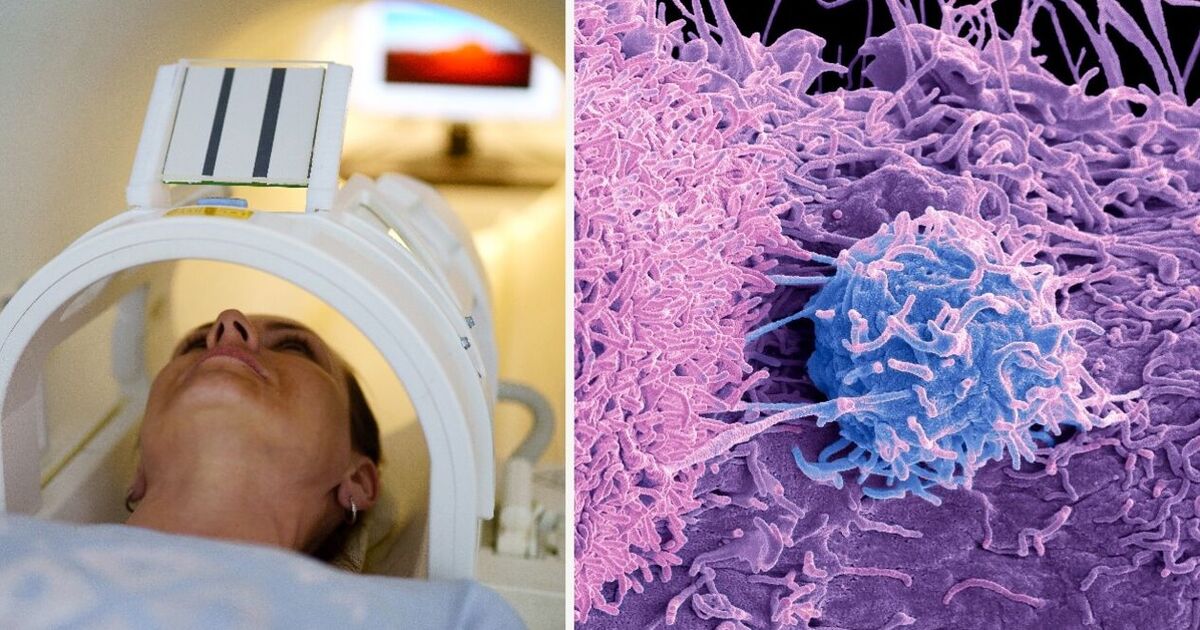Scientists believe an alarming spike in cancer cases could be down to the lasting effects of the Covid pandemic.
Doctors in the United States are warning they are seeing a mysterious spike in rare tumours, many of them in young patients without a family history of the disease.
As well as rare forms of cancer, there have also been reports of patients suffering multiple types of the condition at one time, which is unusual.
The trend in rising and rare instances of cancer since 2021 has led some medical professionals to link the change with the Covid pandemic, and the virus itself.
The Mail Online reports viruses have been known to act on cancer since the 1960s, and it’s thought many tumours are triggered by illnesses such as human papillomavirus (HPV) and hepatitis B.
According to the paper, Dr Kashyap Patel, an oncologist in North Carolina said he was seeing patients in their 40s developing cancers typically seen in people in their 70s and 80s.
The physician said he had also seen individual patients diagnosed with a variety of types of cancer, which was something “he has never seen in his two decades of practising medicine”.
A research team from Colorado published a paper in April showing mice who had recovered from cancer once again developed the disease after being infected with coronavirus.
Dr Ashani Weeraratna, of the Johns Hopkins Bloomberg School of Public Health, said the flu virus was also found to cause cancer cells to multiply.
He said: “Mitigating the risk of infection may be of particular importance for cancer patients.”
US medical data data shows cancer rates are up in the country compared to 2019 just before the Covid outbreak. The year before the pandemic saw 1.7 million cases with 599,601 deaths.
In 2022 around 1.9 million new cancer cases were reported, with around 10,000 more deaths than in 2019.
In Britain, experts from the University of Oxford have found a glowing dye that clings to cancer cells giving surgeons a “second pair of eyes” to eradicate the disease.
The dye, which has been developed for prostate cancer but could be adapted to other forms of the disease, shows up areas of cancerous tissue not picked up by the naked eye during surgery.
This allows doctors to remove far more of the cancer in real-time and slashes the chance of the disease coming back.
Cancer Research UK, which funded the scientists, said full clinical trials are underway to find out if surgery with the marker dye removes more prostate cancer and preserves more healthy tissue than existing surgical techniques.










